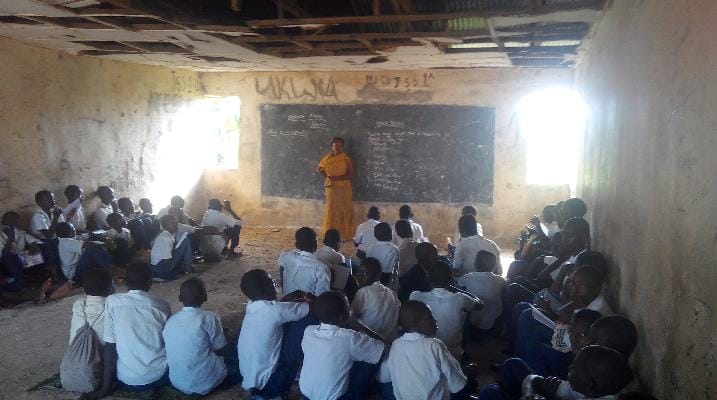By Abdulmumin Giwa
The deteriorating state of education in the Northwest is worrisome as it spells doom for the sub-region. This is even as over 10 million children are said to be out of school, more are dropping out.
In the Northwest region comprising Sokoto, Kebbi, Zamfara, Kano, Kaduna, Katsina and Jigawa, a total of N527.04 billion is said to be spent on education in the states, with Kano having the largest share of N121.58 billion, followed by Kaduna with N115.42 billion. This is seen to be close to the 30 percent budgetary allocation to the education sector as recommended by UNESCO.
In the Northwest, some politicians claiming to be interested in reviving education are struggling to improve the sector, but what they are doing to the sector only worsens it despite the monetary allocations.
The concept of basic education is lost in the entire system of education in the sub-region such that those who teach pupils in the primary schools also need to improve their educational status.
Indeed basic education should be seen to be the most important level of education where a child is transformed to properly fit into the society. However, the case is not the same in the Northwest as the same pattern of education adopted in the public primary schools many years ago, is still the same being adopted today and even worse than before.
Pupils have moved from learning in classrooms to learning under trees in the sub-region and where such pupils enjoy the shelter of classes while learning, they sit on bare floor with dilapidated roofs over their heads.
There are state governments that want to upgrade the standard of education in their states but lack the know-how and refuse to consult the right experts to guide them. The governors of such states are wrongly advised by half-baked educationists who still advise them to buy chalks to be used on blackboards.
Definitely, there is something wrong with the standard of education in the area, where a child in the 21st century is being taught using blackboard and chalk instead of a whiteboard and marker. It clearly means that the sector is still backward.
Indeed it is not enough to have 30 percent of a state budget allocated to education but wrongly disbursed and also misused, thereby not having the desired results.
Pupils need to be taught how to own, organize, manage and control what is meant for them to set them on good paths. But they don’t even own desk, a locker where they keep their belonging in school, a chair in the class, or enjoy a good learning environment to understand that concept.
As the system deteriorates by the day with all the billions of Naira being claimed to be spent on it, not even the teachers understand the need for all these because what they are seen to be doing is all they know. No training, no retraining, no working materials and no motivation, even as billions are continuously spent on the sector.
Talking about the output, this is even worse, because not much has been taught as the input, pupil are seen to be passing through education without education passing through them.
It is my opinion that there is no reason for a private school to be better than a public school because the government is supposed to be richer than owners of the private schools and have more influence and power to put in place solid infrastructure and system. Alas, the reverse is the case.
In conclusion, the huge spending on education is clearly seen not to be improving or upgrading the sector to meet up with current challenges.
With all the funds being claimed to be spent on education by State Governments in the sub-region, the entire system of education can indeed be overhauled and the necessary infrastructure and system put in place, so that those 10 million children roaming the streets can have hope in the future.
